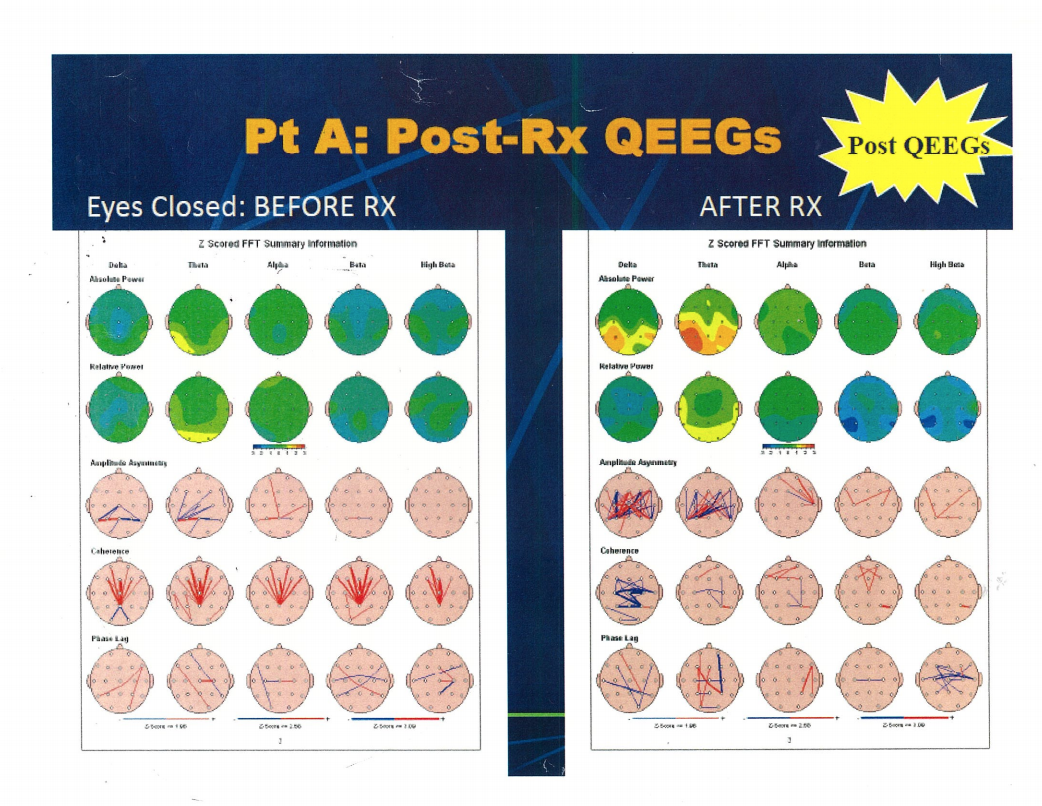Exploring How Slumber Disorders Interfere with Neural Oscillation Function as well as Affect Cognitive Performance
Exploring How Slumber Disorders Interfere with Neural Oscillation Function as well as Affect Cognitive Performance
Blog Article
Sleep is an essential part of our daily lives, enabling our physical selves and minds to rest and rejuvenate. However, many people suffer from sleep disorders, which can considerably disturb sleep patterns. These disorders can result to multiple issues, including alterations in brainwave activity. Brainwaves are electrical signals in the mind that reflect our mental state and function. When slumber is disturbed, the typical patterns of neural waves can be affected, leading to issues with cognitive function, such as memory, focus, and decision-making.
There are various types of sleep disorders, including sleeplessness, sleep apnea, and unsettled leg syndrome. Insomnia is defined by difficulty going or staying asleep, while slumber apnea involves pauses in breathing during slumber. Restless leg syndrome causes discomforting sensations in the limbs, leading to an compelling urge to shift them. Each of these disorders can disrupt the natural slumber cycle, which consists of various stages, including light sleep, deep sleep, and REM (rapid eye movement) slumber. Each stage plays a vital role in maintaining overall cognitive health and performance.
When sleep disorders disturb with these stages, brainwave activity can become irregular. For instance, during deep sleep, the mind produces slow delta waves, which are important for bodily restoration and memory consolidation. If a individual undergoes frequent awakenings or does not attain deep sleep, the production of these delta waves is diminished. This can lead to challenges in learning new knowledge and holding memories. Additionally, REM sleep, which is associated with fantasizing and emotional processing, is also try this out impacted. Disruptions in REM sleep can result to issues with emotional regulation and inventiveness.
The effect of sleep disorders on mental function is substantial. Research has shown that people with sleep disorders often experience challenges with attention and concentration. This can influence their capability at school or work, making it challenging to finish tasks or engage in discussions. Furthermore, chronic slumber deprivation can result to mood changes, heightened stress, and even anxiety or depression. These mental and emotional challenges can create a cycle, where inadequate sleep leads to cognitive difficulties, which in turn can result to more slumber problems.
Addressing slumber disorders is essential for improving neural wave activity and mental function. Treatment options may include habitual changes, such as creating a regular sleep schedule, establishing a comfortable sleep environment, and engaging in relaxation techniques. In some cases, medical intervention may be necessary, such as employing a CPAP machine for slumber apnea or pharmaceuticals for insomnia. By valuing sleep and pursuing appropriate care, individuals can enhance their overall mental abilities and boost their quality of life. Understanding the connection between slumber disorders, neural wave activity, and cognitive function is an important step toward improved health and wellness.